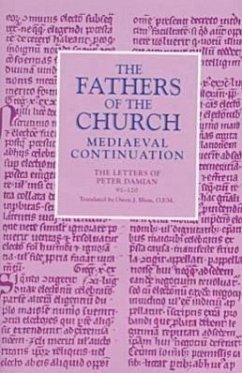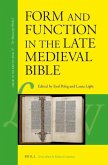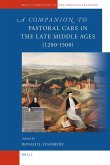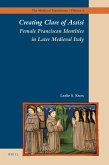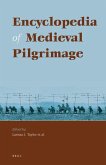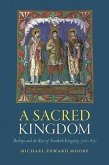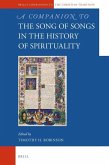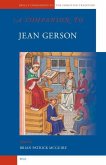This fifth volume of the Mediaeval Continuation is the fourth of the letters of Peter Damian, an eleventh-century monk and man of letters. Written during the years 1062-1066, these letters deal with a wide variety of subjects. Some letters are of historical interest, others approach the size and scope of philosophical or theological treatise. Damian's correspondents range from simple hermits in his community to abbots, bishops, cardinals, and even to Pope Alexander II. Among these letters are to be found one addressed to the patriarch of Constantinople, two to Damian's sisters, one to the Empress Agnes, and even a few to such distant personages as the young King Henry IV and the Archbishop Anno of Cologne. Like its companions, this volume uses Damian's thought to understand an important and gripping period in the history of church and state. Clearly, the most significant letter in this collection is Letter 119, written in 1063 to Abbot Desiderius of Monte Cassino and his monks, on the omnipotence of God. Translated here for the first time into English, Damian's treatise on Divine Omnipotence demonstrates his control of both theological and philosophical methodology. His opponents are contemporary rhetoricians whose denials of God's total potency in dealing with his creatures' contingencies in time past, present, and future opens them to the charge of heresy. Though Damian's vocabulary frequently challenges the combined dictionary resources of classical, patristic, and mediaeval Latin, Owen J. Blum's careful translation will guarantee the transmission of Damian's thought to all levels of readers throughout the world.

